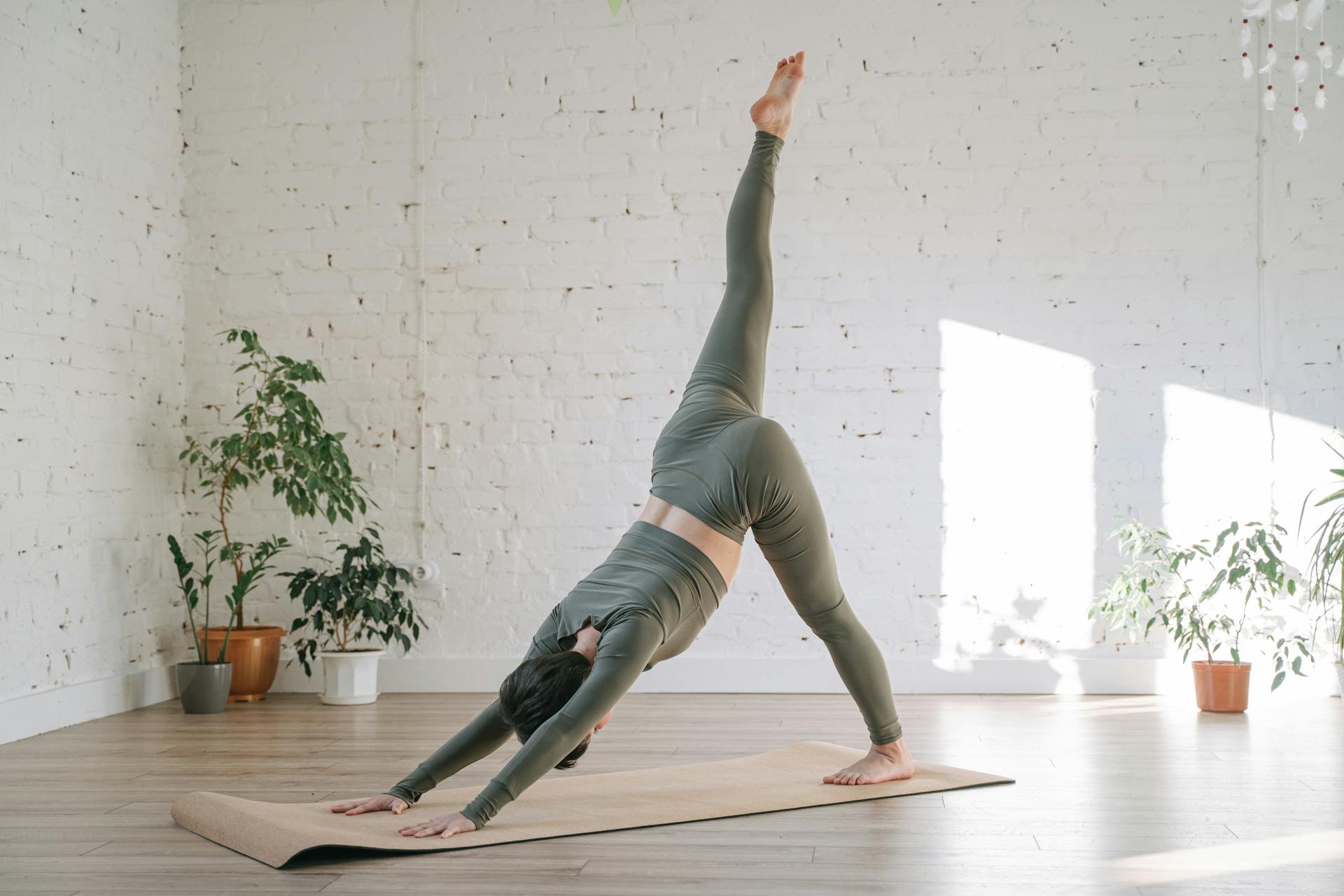There’s nothing better than finding a relaxing space to practice yoga – that one stable rock in an otherwise dynamic and changing world. And I appreciate a space that is well thought both in terms of aesthetics and sustainability. I was understandably over the moon when I was asked by Flourish Yoga to outfit their beautiful studio space with cork yoga mats and blocks.

Emma is the founder of Flourish Yoga. She has been learning and teaching yoga for over 15 years. Her journey has taken her across the world and now finally brought her back home to New Zealand. She teaches a variety of classes at her new studio in Takapuna. Her own experience varies from dynamic and strengthening flows to pre & post natal yoga.

Emma’s reaching out to me was perfect timing really. At this time, I was re-evaluating the whole business at that point and feeling a little disillusioned. To be honest, I felt like a bit of a cheat selling eco-friendly yoga mats wrapped in plastic. Interest from her as well as a few other customers convinced me that things didn’t have to be that way. I could double down on sustainability. Sustainability could be something more than just a catchphrase. It could be THE guiding principle for everything this yoga brand is about. We can commit to planting a tree for every yoga mat sold. We can choose better, more natural materials. We can remove plastic from the equation altogether. It would just take some time and effort. And patience – something I certainly lack at times.
Emma is a bit of an environmentalist (like me)! She took extra care while setting up her yoga studio to minimise its carbon footprint. Sadly, not every yoga studio takes these steps – and we understand! Running a yoga studio is not easy. It’s hard work. For many it’s more than a full-time job. So, for convenience, here are a few tips that Emma has shared with us to make the studio a more environmentally sustainable space:
- Outfitting the studio with yoga gear made from natural materials. There is a difference here – as eco-friendly is often used to describe synthetic materials such as PER (Polymer Environmental Resin) which may very well be toxic and not eco-friendly.
- Using natural products to clean and maintain the studio.
- Implementing a paperless booking system. The limited printing the studio does is on recycled paper.
- Setting up an energy efficient LED lighting system.
- Furnishing the space with recycled and repurposed furniture.

As you can see many of these tips can be implemented in our homes and offices as well. And I am curious to know which natural products she uses. How about you? Which products do you use at home? We'd love to know more in the comments below.



